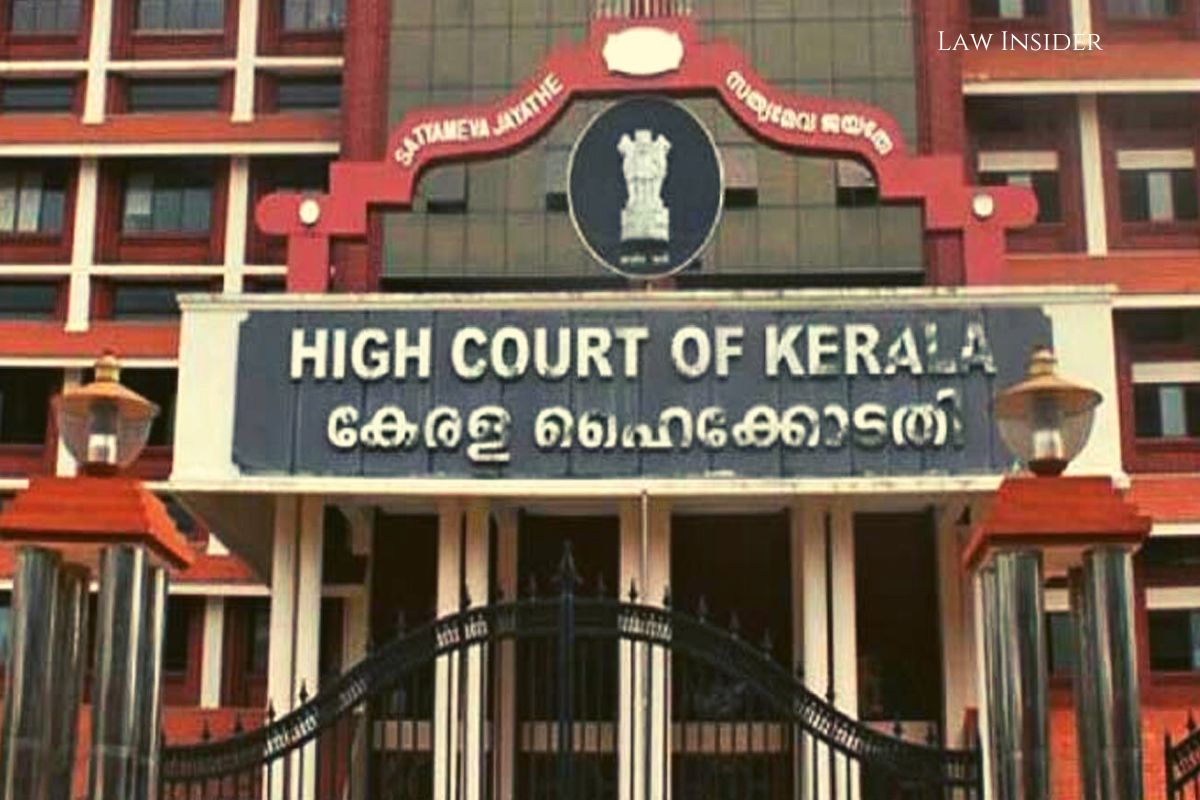LI Network
Published on: 13 August 2023 at 11:28 IST
The Kerala High Court clarified that a magistrate, in accordance with Section 5 of the Criminal Procedure (Identification) Act, 2022, possesses the authority to direct an accused individual involved in a criminal case to provide handwriting and signature samples, even in cases where the accused has not been arrested. The clarification came through a judgment in the case of Faizal KV v State of Kerala & Anr.
Justice Raja Vijayaraghanav V upheld a magistrate’s order that required an accused, who was out on anticipatory bail, to provide a handwriting sample for a forgery case investigation.
The petitioner argued that since he had not been formally arrested, the magistrate lacked the competence to issue such an order.
However, the High Court stated that the magistrate was well within their powers under Section 5 of the Criminal Procedure (Identification) Act to issue such directives.
The Court highlighted that Section 5 of the Act empowers a magistrate to issue directions to any person, without stipulating that such directions can only be given to individuals arrested in connection with a punishable offense.
The petitioner was facing charges related to multiple sections of the Indian Penal Code, including cheating and forgery of documents. The prosecution alleged that the petitioner had obtained a teaching position at a school using forged certificates.
As part of the investigation, authorities sought to compare the petitioner’s handwriting with entries in a service book. Since the handwriting in the service book did not match the petitioner’s, the investigation required a comparison with his genuine handwriting.
The investigating authority applied to the court for a handwriting sample from the accused, which would be recorded in the court’s presence and forwarded to a handwriting expert.
The magistrate granted this application, prompting the petitioner to contest it in the High Court.
The petitioner’s representative argued that as the petitioner was on anticipatory bail, the magistrate could not direct him to provide a handwriting sample under Section 311A of the Code of Criminal Procedure or Section 3 of the Identification Act, 2022. Both these provisions, according to the petitioner, required the accused to be arrested before such an order could be issued.
However, the Public Prosecutor countered this argument by asserting that the accused had indeed been arrested.
The petitioner had surrendered to the jurisdictional court and executed a bail bond before being released.
The High Court ultimately ruled in favor of the State after examining Section 5 of the 2022 Act and relevant case laws.
The judge affirmed that a magistrate can issue directions to an accused individual for specimen signatures and handwriting, even if the accused has not been arrested.
The judge dismissed the petitioner’s argument that providing a handwriting sample may amount to testimonial compulsion, referencing the Supreme Court’s stance on the right to privacy and compelling public interest.
Thus, the High Court dismissed the petition and maintained the magistrate’s authority to order handwriting samples from accused individuals.
The petitioner was represented by advocates MP Shameem Ahamed and Akhil Philip Manithottiyil, while the State was represented by Public Prosecutor Vipin Narayan.

